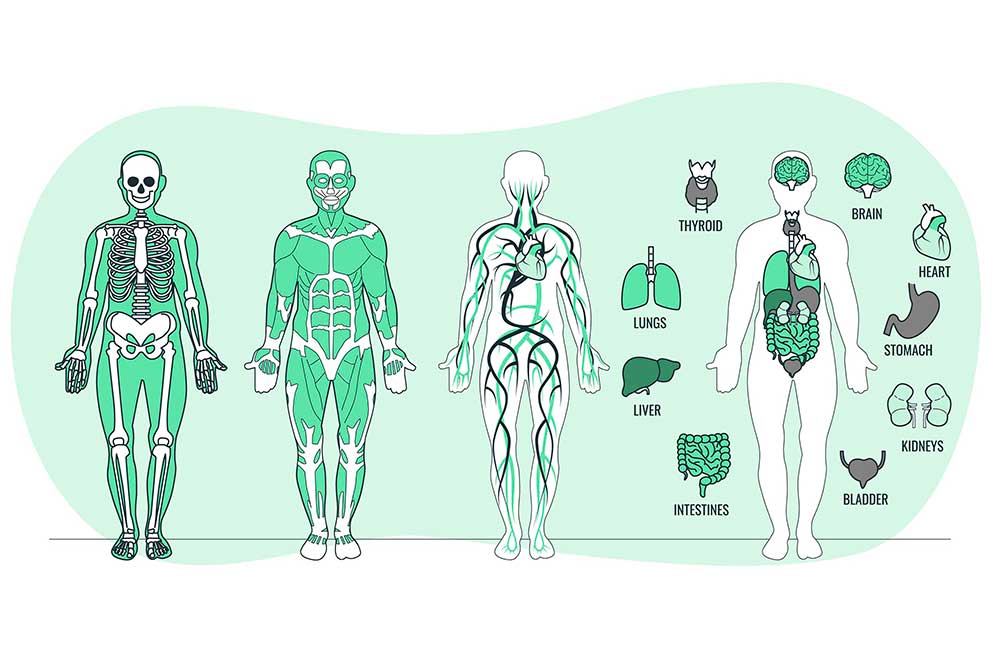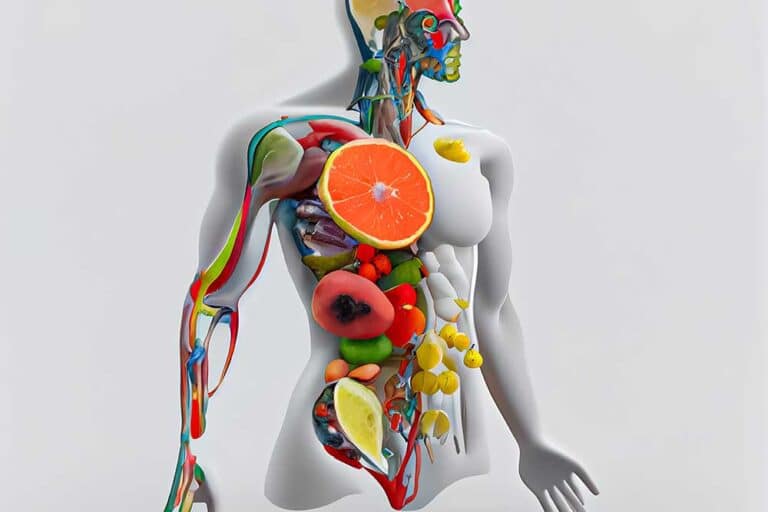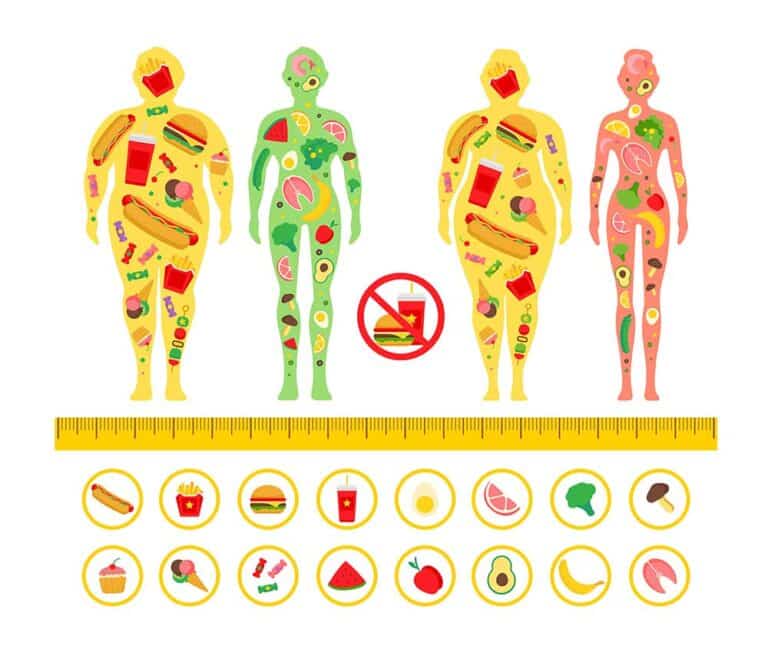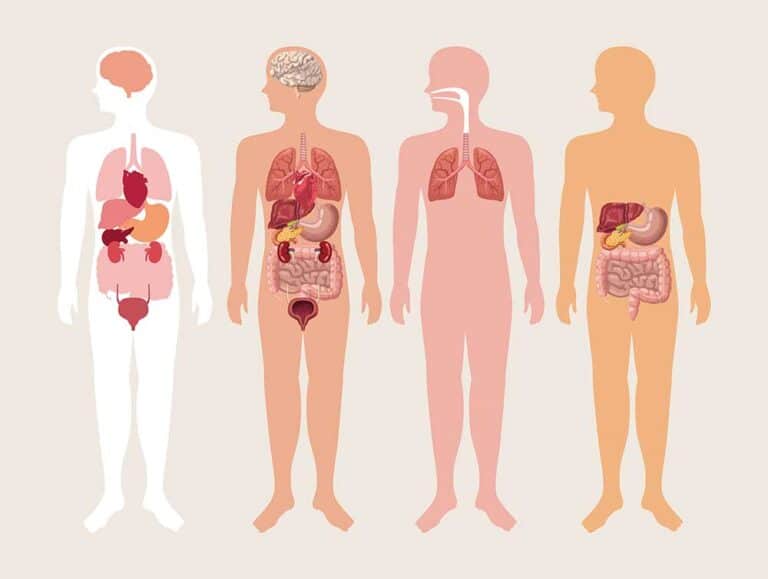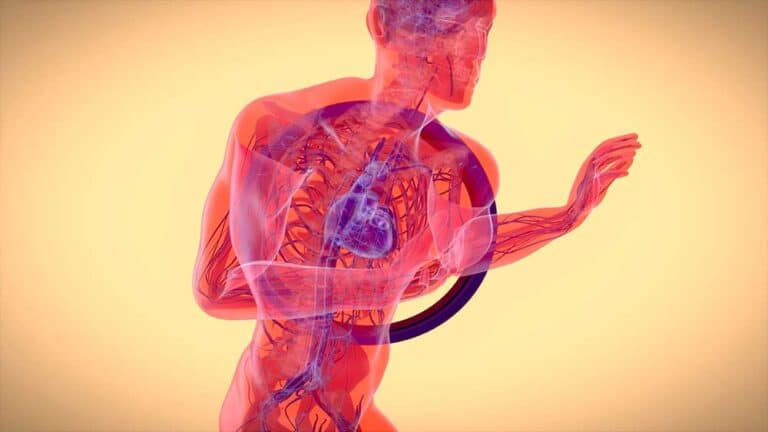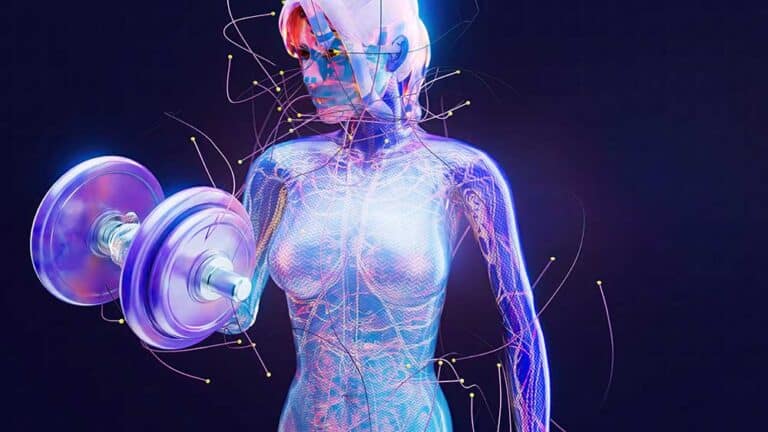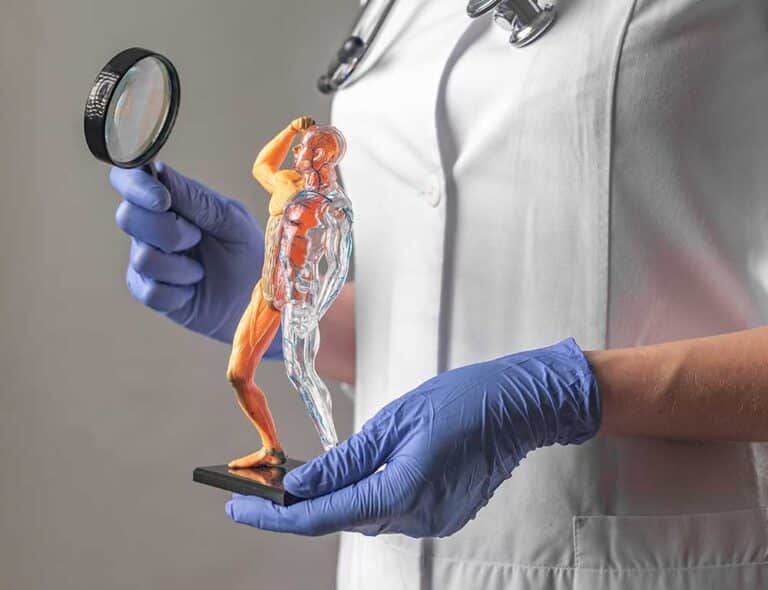Understanding Endocrine Glands
Endocrine vs. Exocrine Glands
Endocrine glands and exocrine glands serve different functions within the human body. The primary distinction between the two lies in how they secrete their products.
Endocrine glands release hormones directly into the bloodstream without the use of ducts. These hormones travel through the blood to target organs and tissues, exerting their specific functions to regulate bodily processes.
Exocrine glands, on the other hand, secrete their products through ducts to an epithelial surface or into body cavities. These secretions include substances such as sweat, saliva, and digestive enzymes.
| Type of Gland | Secretion Method | Example Glands |
|---|---|---|
| Endocrine | Directly into blood | Pituitary, Thyroid, Adrenal, Pancreas (endocrine function) |
| Exocrine | Through ducts | Salivary, Sweat, Pancreas (exocrine function) |
For more detailed information on the distinctions and functions of endocrine and exocrine glands, please visit endocrine system anatomy and physiology.
Examples of Endocrine Glands
Several glands comprise the endocrine system, each playing a vital role in maintaining homeostasis and coordinating various physiological activities.
- Pituitary Gland: Often referred to as the “master gland,” it regulates other endocrine glands and secretes hormones that control growth, metabolism, and reproductive functions.
- More on the pituitary gland.
- Thyroid Gland: Produces hormones like thyroxine (T4) and triiodothyronine (T3), which regulate metabolism, energy production, and protein synthesis.
- For further insights, read thyroid hormone function.
- Adrenal Glands: These glands produce hormones such as cortisol and adrenaline that help regulate metabolism, immune system response, and stress reactions.
- Explore more about the role of adrenal glands.
- Pancreas: Functions as both an endocrine and exocrine gland. As an endocrine gland, it secretes insulin and glucagon to control blood sugar levels.
- Detailed study available at endocrine glands and their functions.
- Ovaries and Testes: Produce sex hormones like estrogen, progesterone, and testosterone, which are crucial for reproductive system regulation and secondary sexual characteristics.
- More on hormone roles in metabolism at role of hormones in metabolism.
-
Hypothalamus: This gland links the nervous system to the endocrine system, controlling the pituitary gland by producing releasing and inhibiting hormones.
-
Pineal Body: Releases melatonin, which regulates sleep-wake cycles.
-
Parathyroid Glands: Produce parathyroid hormone (PTH) that plays a role in calcium and phosphorus balance.
-
Thymus: Secretes thymosin, which is vital for the development of T-cells involved in the immune response.
Understanding the complexities and functions of these glands can provide insights into how the endocrine system maintains the body’s internal balance and influences overall health. For additional context, explore our articles on endocrinology and metabolism basics and endocrinology and metabolism functions.
The Role of Adrenal Glands
The adrenal glands, small triangular structures located on top of each kidney, play a crucial role in the human body endocrine system. They release hormones that regulate various bodily functions, impacting metabolism, immune response, and stress management.
Functions of Adrenal Hormones
The adrenal glands produce several essential hormones, each with specific functions:
- Cortisol: Known as the “stress hormone,” cortisol helps control metabolism, reduce inflammation, and assist with memory formulation.
- Adrenaline (Epinephrine): Increases heart rate, expands air passages in the lungs, and directs blood flow to muscles, preparing the body for a ‘fight-or-flight’ response.
- Aldosterone: Regulates blood pressure by balancing sodium and potassium levels in the bloodstream.
- DHEA (Dehydroepiandrosterone): Serves as a precursor to male and female sex hormones, including testosterone and estrogen.
These hormones collectively ensure that the body can manage stress, maintain proper metabolic rates, and support the immune system effectively (Verywell Mind).
Impact of Chronic Stress
Chronic stress significantly affects the functions of adrenal glands, leading to an overproduction of hormones like cortisol and adrenaline. Persistent high levels of cortisol can result in various health issues, including:
- Anxiety and Depression: Chronic stress disrupts mental health by continuously triggering the release of stress hormones (Verywell Mind).
- High Blood Pressure: Elevated adrenaline and cortisol levels increase heart rate and blood pressure, raising the risk of cardiovascular diseases.
- Immune System Suppression: Persistent high cortisol levels weaken the immune system, making the body more susceptible to infections.
- Premature Gray Hair: Elevated stress hormones like norepinephrine deplete melanocyte stem cells, leading to premature graying (Visible Body).
| Health Issue | Hormone Involved | Impact |
|---|---|---|
| Anxiety and Depression | Cortisol | Disrupts mental health |
| High Blood Pressure | Adrenaline, Cortisol | Increases heart rate and BP |
| Immune Suppression | Cortisol | Weakens immune response |
| Premature Gray Hair | Norepinephrine | Depletes melanocyte stem cells |
To mitigate the effects of chronic stress, techniques such as deep breathing, mindfulness, and meditation have proven effective in lowering cortisol levels and inducing relaxation (Verywell Mind). For more insights on maintaining endocrine balance, check out our articles on endocrine system diseases and disorders and endocrine system and homeostasis.
Understanding the role of adrenal glands and their hormone functions provides a comprehensive look at how they maintain overall health and tackle chronic stress, highlighting their significance within endocrinology and metabolism basics.
Dive into Pituitary Gland
The pituitary gland, often termed the “master gland,” plays a crucial role in regulating various bodily functions by producing and releasing several hormones. This section delves into its hormone production and conditions that affect it.
Pituitary Hormone Production
The pituitary gland is divided into two main lobes: the anterior lobe and the posterior lobe. Each lobe has specific functions in hormone production:
-
Anterior Lobe: This part of the pituitary gland produces and releases a variety of hormones. These include:
-
Growth Hormone (GH): Stimulates growth and cell reproduction.
-
Thyroid-Stimulating Hormone (TSH): Instructs the thyroid gland to produce thyroid hormones.
-
Adrenocorticotropic Hormone (ACTH): Signals the adrenal glands to produce cortisol.
-
Follicle-Stimulating Hormone (FSH): Helps control the reproductive processes.
-
Luteinizing Hormone (LH): Triggers ovulation in females and stimulates testosterone production in males.
-
Prolactin: Promotes milk production in breastfeeding women.
-
Posterior Lobe: This lobe stores and releases hormones made by the hypothalamus:
-
Oxytocin: Stimulates childbirth contractions and lactation.
-
Antidiuretic Hormone (ADH): Regulates water balance in the body.
The hormones produced by the pituitary gland affect various organs, such as the thyroid, adrenals, ovaries, and testicles (Cleveland Clinic). For detailed functions of these hormones, you can explore the endocrine glands and their functions.
| Hormone | Function | Target Organs |
|---|---|---|
| Growth Hormone (GH) | Stimulates growth | Bones, muscles |
| Thyroid-Stimulating Hormone (TSH) | Stimulates thyroid hormone release | Thyroid gland |
| Adrenocorticotropic Hormone (ACTH) | Stimulates cortisol production | Adrenal glands |
| Follicle-Stimulating Hormone (FSH) | Controls reproductive processes | Ovaries, testicles |
| Luteinizing Hormone (LH) | Triggers ovulation/testosterone production | Ovaries, testicles |
| Prolactin | Promotes milk production | Mammary glands |
| Oxytocin | Stimulates childbirth contractions/lactation | Uterus, mammary glands |
| Antidiuretic Hormone (ADH) | Regulates water balance | Kidneys |
Conditions Affecting the Pituitary
Several conditions can affect the pituitary gland, impacting its ability to produce and regulate hormones. Key conditions include:
-
Hypopituitarism: This condition involves a deficiency in one or more pituitary hormones. It can be caused by damage to the pituitary gland or hypothalamus, leading to various health issues depending on which hormones are lacking. This condition can result in symptoms like fatigue, weight gain, and reduced fertility (Cleveland Clinic).
-
Hyperpituitarism: Occurs when the pituitary gland produces excess hormones. The most common cause is a functioning pituitary adenoma (a benign tumor). Excess hormone production can lead to conditions like acromegaly (excess growth hormone), Cushing disease (excess ACTH), or hyperprolactinemia (excess prolactin). Symptoms vary depending on the hormone involved but can include abnormal growth, weight gain, and reproductive issues (Cleveland Clinic).
For further details on endocrine glands and their functions, including how these conditions impact overall health, visit our page on endocrine system diseases and disorders.
The pituitary gland’s role in hormone production and regulation is critical for maintaining endocrine system balance. Understanding potential conditions affecting this gland can help in early diagnosis and effective management. More information on how the endocrine system contributes to homeostasis can be found in our article about endocrine system and homeostasis.
Thyroid Hormone Function
Understanding thyroid hormone function is essential to grasping the broader concept of endocrine glands functions. The thyroid gland plays a pivotal role in regulating metabolism and overall health.
Thyroid Hormone Production
The thyroid gland produces two primary hormones: thyroxine (T4) and triiodothyronine (T3) (Cleveland Clinic). These hormones are vital for numerous bodily functions, most notably the regulation of the body’s metabolic rate.
The production and release of these thyroid hormones are controlled by a feedback loop involving the hypothalamus, pituitary gland, and thyroid:
- Thyroid-releasing hormone (TRH) is secreted by the hypothalamus.
- TRH stimulates the pituitary gland to release thyroid-stimulating hormone (TSH).
- TSH, in turn, prompts the thyroid gland to produce and release T4 and T3.
| Hormone | Source | Trigger |
|---|---|---|
| TRH | Hypothalamus | Signals the pituitary |
| TSH | Pituitary Gland | Stimulates the thyroid |
| T4 (Thyroxine) | Thyroid Gland | Triggered by TSH |
| T3 (Triiodothyronine) | Thyroid Gland | Derived from T4 and triggered by TSH |
Cells in various tissues can convert T4 into the more active form, T3, as T3 is considered the active form of thyroid hormone. The presence of receptors in cells facilitates the use of T3 more effectively than T4.
Thyroid Hormone and Metabolism
Thyroid hormones, particularly T3, are central to regulating the body’s metabolism. They help determine how the body uses energy, synthesizes proteins, and controls the sensitivity of tissues to other hormones.
Abnormal levels of thyroid hormone can lead to significant metabolic issues. Too much thyroid hormone (hyperthyroidism) can accelerate metabolism, while too little (hypothyroidism) can slow it down (Cleveland Clinic).
| Condition | Hormone Levels | Metabolic Rate | Symptoms |
|---|---|---|---|
| Hyperthyroidism | High T4/T3 | Accelerated | Weight loss, anxiety |
| Hypothyroidism | Low T4/T3 | Slowed | Weight gain, fatigue |
Understanding thyroid hormone production and its impact on metabolism is crucial for those interested in the endocrine system and homeostasis. For a deeper dive into hormonal balances and their implications on health, see our coverage on endocrine disorders and treatments.
Overview of Endocrine System
The endocrine system is an intricate network of glands and organs that use hormones to communicate and coordinate various bodily functions. These include metabolism, energy levels, reproduction, growth and development, response to injury, stress, and overall mood. (Johns Hopkins Medicine)
Role of Endocrine Hormones
Endocrine hormones are chemical messengers that travel through the bloodstream to target organs, tissues, and cells. They play a crucial role in regulating many physiological processes:
- Metabolism: Hormones like insulin and glucagon from the pancreas manage blood sugar levels.
- Growth and Development: The pituitary gland secretes growth hormone, which is vital for normal growth in children and maintaining tissue health in adults.
- Reproduction: Hormones such as estrogen, progesterone, and testosterone govern reproductive functions and sexual development.
- Stress Response: Adrenal glands produce cortisol, a hormone that helps the body manage stress and maintain homeostasis.
- Energy Levels: Thyroid hormones control the body’s metabolic rate and energy expenditure.
For a detailed look into the endocrine system’s anatomy and physiology, refer to our article on endocrine system anatomy and physiology.
Impact of Hormonal Imbalance
Hormonal imbalances can significantly affect an individual’s health and well-being. An imbalance occurs when there is too much or too little of a hormone in the bloodstream. This misalignment can lead to various conditions:
- Diabetes: Resulting from issues with insulin production or utilization, leading to elevated blood glucose levels.
- Thyroid Disorders: Conditions like hypothyroidism and hyperthyroidism arise from inadequate or excessive thyroid hormone production.
- Growth Issues: Growth hormone imbalances can result in conditions such as gigantism in children or acromegaly in adults.
- Reproductive Problems: Hormonal imbalances can cause menstrual irregularities, infertility, and other reproductive health issues.
To explore more about how hormones impact metabolism, read our section on the role of hormones in metabolism.
| Hormonal Imbalance | Symptoms |
|---|---|
| Diabetes | Increased thirst, frequent urination, fatigue |
| Hypothyroidism | Weight gain, fatigue, depression |
| Hyperthyroidism | Weight loss, anxiety, tremors |
| Growth Hormone Imbalance | Abnormal growth patterns, fatigue, muscle weakness |
Understanding the intricate role of endocrine hormones and the potential impacts of imbalances underscores the importance of specialized care. For information on how endocrinologists manage these conditions, refer to our article on endocrine disorders and treatments.
Specialized Care in Endocrinology
Specialized care in endocrinology is vital for managing complex endocrine system functions and hormonal imbalances in both adults and children.
The Role of Endocrinologists
Endocrinologists are healthcare providers specializing in diagnosing and treating conditions related to the endocrine system. This system consists of glands that create and release hormones, coordinating various body functions (Cleveland Clinic).
Endocrinologists handle a range of conditions, including:
- Diabetes
- Thyroid diseases
- Endocrine cancers and tumors
- Disorders of sexual development
- Calcium and bone conditions (Cleveland Clinic)
They develop personalized treatment plans, prescribe medications, and monitor patients’ progress over time. By addressing hormonal imbalances, endocrinologists help maintain homeostasis and support overall health. For more about the endocrine system and homeostasis visit our detailed guide.
Pediatric Endocrinology Focus
Pediatric endocrinologists are specialists who focus on endocrine disorders in children and adolescents. They diagnose and treat conditions related to growth, puberty, diabetes, and other hormonal imbalances in young individuals.
Common conditions treated by pediatric endocrinologists include:
- Growth hormone deficiencies
- Early or delayed puberty
- Pediatric diabetes
- Thyroid disorders in children
Pediatric endocrinologists play a crucial role in supporting the physical and emotional well-being of children as they navigate the complexities of growing up with endocrine disorders. They collaborate with other healthcare providers to ensure comprehensive care, addressing both medical and psychosocial needs.
| Condition | Specialist | Age Group |
|---|---|---|
| Diabetes | Endocrinologist | All ages |
| Growth Hormone Deficiency | Pediatric Endocrinologist | Children |
| Thyroid Disorders | Endocrinologist | All ages |
For more insights on different endocrine disorders and treatments, explore our section on endocrine disorders and treatments.
To understand the broader aspects of the endocrine system, including its anatomy and functions, follow our comprehensive guide on human body endocrine system.
- About the Author
- Latest Posts
Johnnie D. Jackow Sr., the founder and CEO of Total Body Fitness, Worldwide, has a long-standing career in the fitness industry. He began as a certified personal trainer in the mid-90s and soon after authored his first weight loss book in 1998. This led to the launch of Total Body Fitness, Nationwide in the USA at the same time. Johnnie gained recognition as the fitness guru of his time, running infomercials on local TV late at night in Houston, Texas. Over the years, he has helped more than 40,000 individuals from all over the world achieve their health and fitness goals. With over 60,000 hours of documented training in integrative functional medicine, he completed his PhD in human physiology in 2010. His primary objective is to assist people in reaching their health and fitness goals through alternative approaches rather than relying solely on conventional medicine and pharmaceutical drugs. Today, with almost three decades of experience under his belt, Johnnie continues to be a leader in health and fitness.

